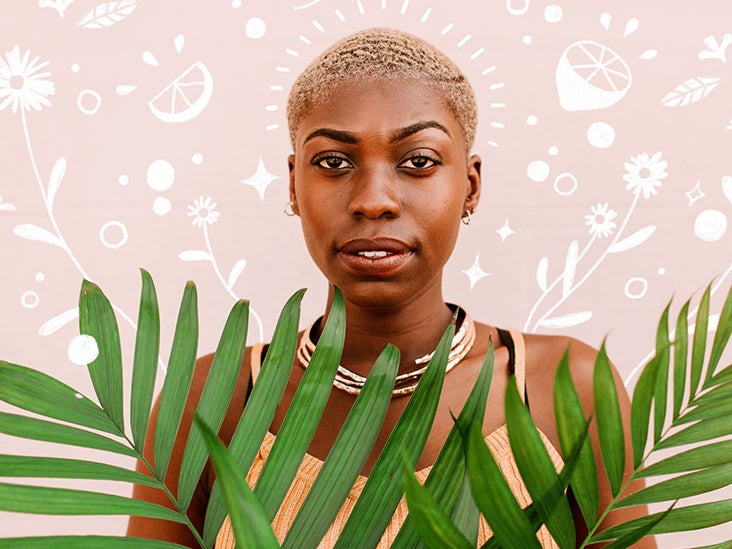This article explains that there's no clear evidence showing that collagen helps for skin anti-aging.
Is Drinking Collagen Your Answer to Reversing Aging?
Medically reviewed by Cynthia Cobb, DNP, APRN, WHNP-BC, FAANP — Written by Michelle Wong, PhD — Updated on August 30, 2017
You’ve probably heard of collagen and how important it is for your skin. But does eating more of it really translate to more collagen in your skin? Let’s have a look at the evidence.
The building blocks to bouncy, youthful skin?
We’ve heard you are what you eat, so technically drinking or eating collagen would help give your body the building blocks for making collagen … right?
First, let’s dissect the word collagen, a buzzword that’s been creeping into our beauty products, supplements, and Facebook ads. Collagen is an incredibly important protein that keeps your tissues and bones together. Specifically for your skin, collagen helps give your skin structure and elasticity, or that famous “bounce.”
So, in theory, boosting your skin’s collagen levels — or preventing its loss — would help you look younger. But will drinking it or eating it do anything?
Drinking straight from the fountain of youth?
Collagen contains the amino acid hydroxyproline that’s unique in youthful skin. Prolyl-hydroxyproline, a collagen fragment which consists of two amino acids only, was found to trigger skin cells in vitro (in cells)Trusted Source to produce more hyaluronic acid, another component that’s important for boosting the skin’s water content.
Unfortunately, you usually have very little control over where your body puts things. When you eat or drink a protein like collagen, your stomach and small intestine will break the protein down using enzymes. These small fragments are generally up to three amino acids long before your body can absorb them. That’s not a lot of amino acids. And most of the time your body can’t tell these particular fragments come from collagen — they could be any number of other proteins.








